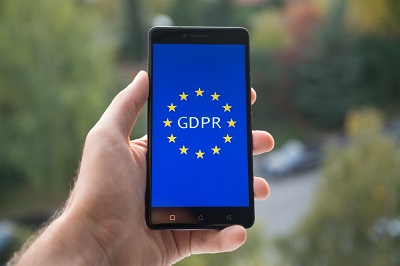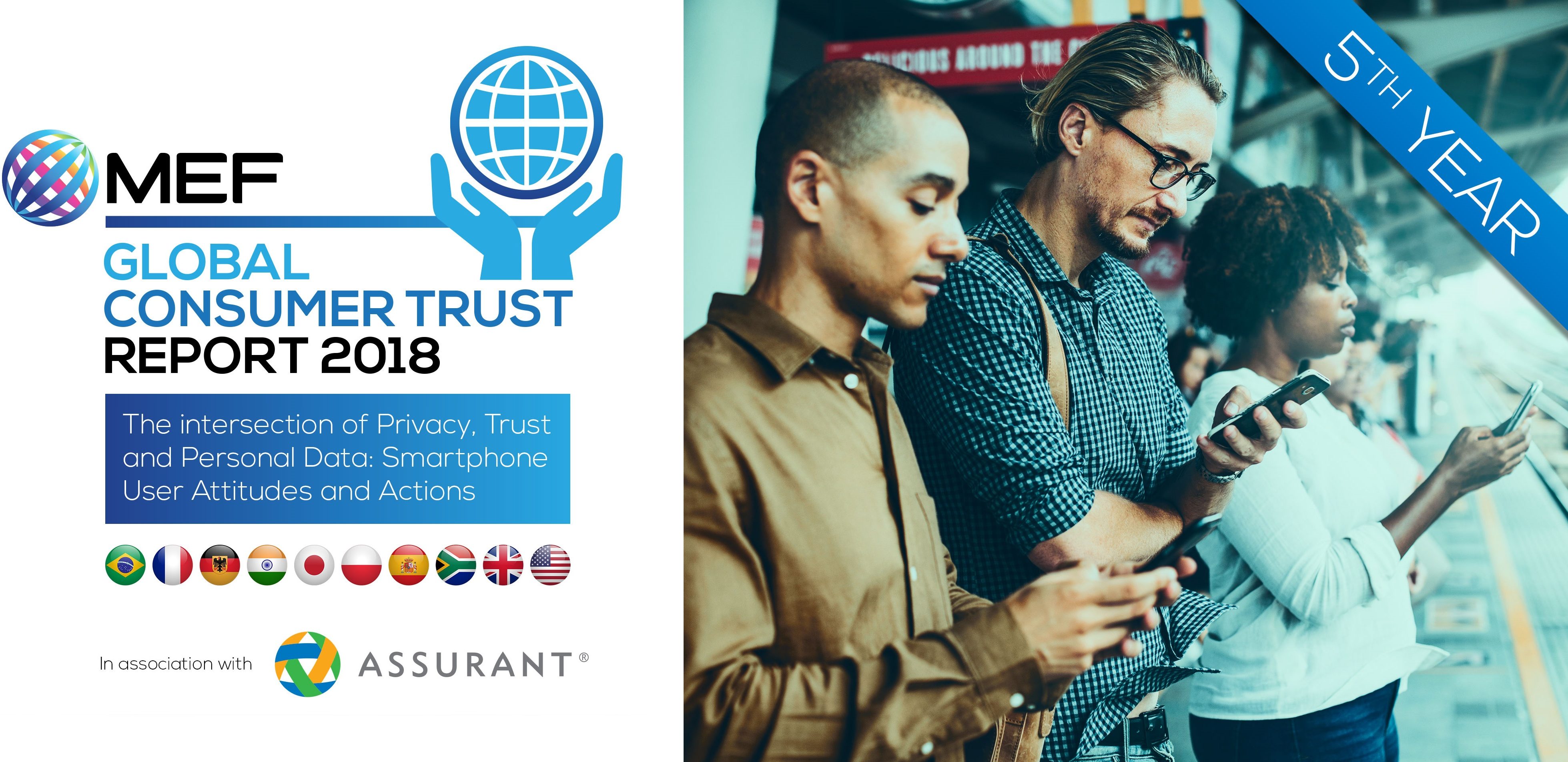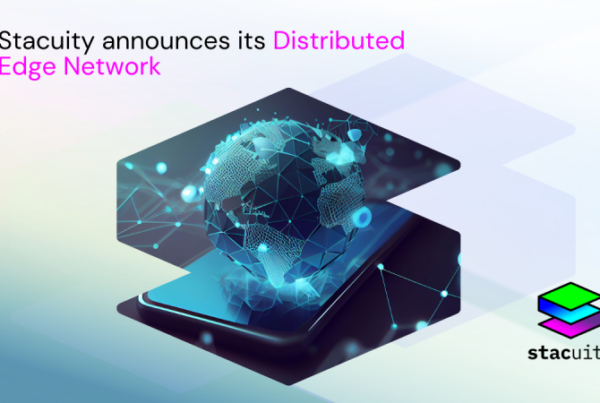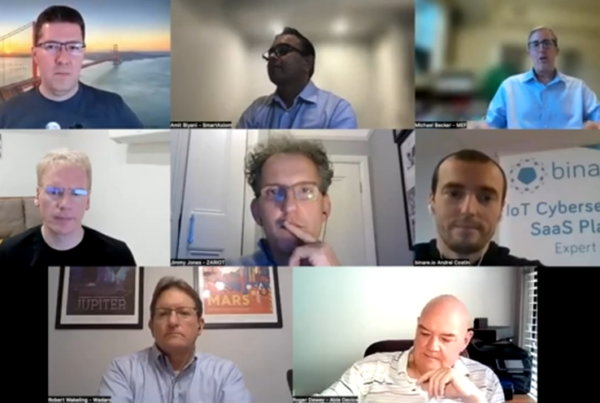Michael Becker, co-author of the MEF Consumer Trust Report reflects on the first year of the GDPR and takes a detailed look at the impact it has had across the ecosystem globally.
May 25th marked the one-year anniversary of the GDPR (General Data Protection Regulation), a tsunami that washed on to the world’s shores.
Even though the GDPR waters have yet to settle, it is abundantly clear that the world’s topography has forever changed.
GDPR has triggered change across all five foundational pillars—legal, economic, technology, social, and political— of the world’s economies.

In the wake of GDPR, regions (like the EU and Latin America), countries, states, and companies around the world are responding to the call to give individuals self-sovereignty, authority, over their identity and personal data.
To comply with these regulations organizations must develop new processes, change their technology stacks, appoint a chief data officer (DPO), and more. GDPR applies to any company with operations in the EU or to those that process personal data of European citizens or monitor the behavior of European citizens.
GDPR-Like Regulations Around The World
The waves generated by GDPR are reverberating around the world.
In Latin America, Argentina and Chile are looking to amend their existing laws (see Law No. 25,326, and Law No. 19,628 respectively). Brazil is putting in place a new law (see House Bill No. 53, of 2018). Mexico, Colombia, and Peru are also working toward amending existing laws and adding new laws similar to GDPR. India and Australia are recognizing the “human-right” to privacy, and South Africa is enacting the Protection of Personal Information Act (POPIA).
In the United States, California enacted the California Consumer Privacy Act of 2018(CCPACalifornia Consumer Privacy Act.) on June 28, 2018 (formally referred to as CA AB-375). CCPA will take effect on January 1, 2020. Interestingly, the CCPA, in section 1798.125. (a) (1), recognizes the economic value of personal information, noting that “A business may offer financial incentives, including payments to consumers as compensation, for the collection of personal information, the sale of personal information, or the deletion of personal information.”
Washington State (Senate Bill SB 5376 – 2019-20) and Commonwealth of Massachusetts initiated laws similar to GDPR to give individuals new rights and authority over their personal information. Washington State’s efforts appear to have stalled, but the Massachusetts law is still taking shape and is expected to take effect in 2023 (“An Act relative”, 2019; Ropek, 2019).
Furthermore, individual U.S. cities and sectoral legislation are being enhanced and established to protect individuals data and privacy.
For example, San Francisco, in May 2019, banned government use of facial recognition (Van Sant & Gonzales, 2019); Washington, Texas, and Illinois have similar provisions. In addition, specific sectoral legislation, like the HIPPA rules around healthcare and COPPA rules around engaging children, are being re-worked.
GDPR, like its cousins, not only brings new rights to individuals, and new requirements to businesses, and technical processes that organizations must recognize and adhere to, it also brings quite a sizable fine if its requirements are not met.“
It Is Critical To Study & Understand The Regulations
It is important to study the details of every regulation, to understand whom they apply to, how they apply, the requirements that must be met to adhere to them, and the timings that must be recognized when an individual files a complaint.
For example, the thresholds to determine if a company must adhere to a regulation vary. The GDPR applies to any company with operations in the EU or to those processing personal data of European citizens or those that monitor the behavior of European citizens. For the CCPA to apply to an organization the organization must have gross revenues in excess of $25 million, or be in the business of buying, selling, or processing the personal information of more than 50,000 data subjects (aka individuals), households, or devices, or derive 50 percent or more of its revenue from the sales for personal data.
As for how much time an organization has to comply when an individual enacts their rights, verbally or in writing, the timing may vary from a matter of days, months, or a year. The requirements may be different for each right and each regulation.
GDPR & The New Regulations Have Teeth
One detail to pay special attention to when evaluating a regulation is that a regulation today may carry with it substantial fines.
GDPR, like its cousins, not only brings new rights to individuals, and new requirements to businesses, and technical processes that organizations must recognize and adhere to, it also brings quite a sizable fine if its requirements are not met.
In the case of GDPR companies face fines of 4 percent of global revenues or €20 million, whichever is larger.
Under the CCPA the fines are capped at $7,500 per violation and $2,500 per violation when nefarious intent is not present.
The IAPP (n.d.) “GDPR One Year Anniversary – Infographic,” as of May 25, 2018, shows that, since GDPR took effect last year, 500,000 DPOs have been registered (registering a DPO is a requirement of GDPR), a total of 89,000 data breach notifications have been filed (filing data breaches is another requirement of GDPR), nearly 280,000 consumer complaints have been registered, and there have been more that of €56,000,000 in fines levied (which were mostly attributed to Google in France). Be sure to revisit the IAPP’s GDPR infographic, as they update it regularly.
Organizational Respone to GDPR
Industry titans have also started responding to society’s demands for improved stewardship over personal data.
- Facebook’s CEO is repositioning Facebook by publicly announcing that “The future is private;” also, Facebook is introducing new privacy-centric capabilities (Statt, 2019).
- Google’s CEO, Sundar Pichai (2019), remarks that “privacy should not be a luxury good,” but rather an inherent part of every product and service.
- Apple’s Tim Cook suggests that we’re faced with a privacy crisis, that people are not the product (Eadicicco, 2019).
- Microsoft’s CEO, Nadella Satya, at the World Economic Forum in Davos, Switzerland, said that “privacy is a human right” (Satya & Schwab, 2019).
Thinking Beyond The Legal Checkbox to Personal Data Exchange
Prosperity is on the horizon. According to the UK Government, in a 2018 report authored by Ctrl-Shift (2018), the impact and productivity to be had from empowering people with control over their personal data, not including growth from innovation, could generate as much as $27.8 billion to the country’s GDP.
Looking at country-level GDP is not the only metric to consider when thinking about the value that can be generated by giving people control of their data. People can and will benefit directly from the exchange of their personal data, including the data generated from their labor or capital.
For example, Jaguar, in April 2019, announced that they’re working on a program where people can sell the data collected by their connected car (Smith, 2019). In this example, when their car detects a pothole it will collect the location of the pothole and sell this data to a local municipality. Cryptocurrency payments for the data will be made directly a person’s Jaguar Smart Wallet. People can then use this income to pay for parking, tolls, charging stations, a cup of coffee. and more.
The future is bright, to shine we all must embrace change
Organizations big and small should not be resigned to simply comply with the rules laid down by the GDPR and similar legislation. They should not be afraid to empower individuals and to give them control of their data. Rather, to thrive in the wake of GDPR companies should embrace change, adopt new systems, and overcome their challenges, and use this opportunity to re-configure their value chains, organizational systems, and business models, to innovate, and most importantly to refresh and forge new bonds with the people they serve.
Download the Global Consumer Trust Report
Conducted for MEF by On Device Research in association with Assurant, MEF’s Global Consumer Trust Report 2018 examines the attitudes and actions of 6,500 smartphone users across ten countries regarding personal data and privacy.
Now in its fifth year, the Global Consumer Trust Report 2018 shows a marked change in consumer behaviour, and a clear opportunity for the industry to drive best practices in data protection and management.
Download the report now






